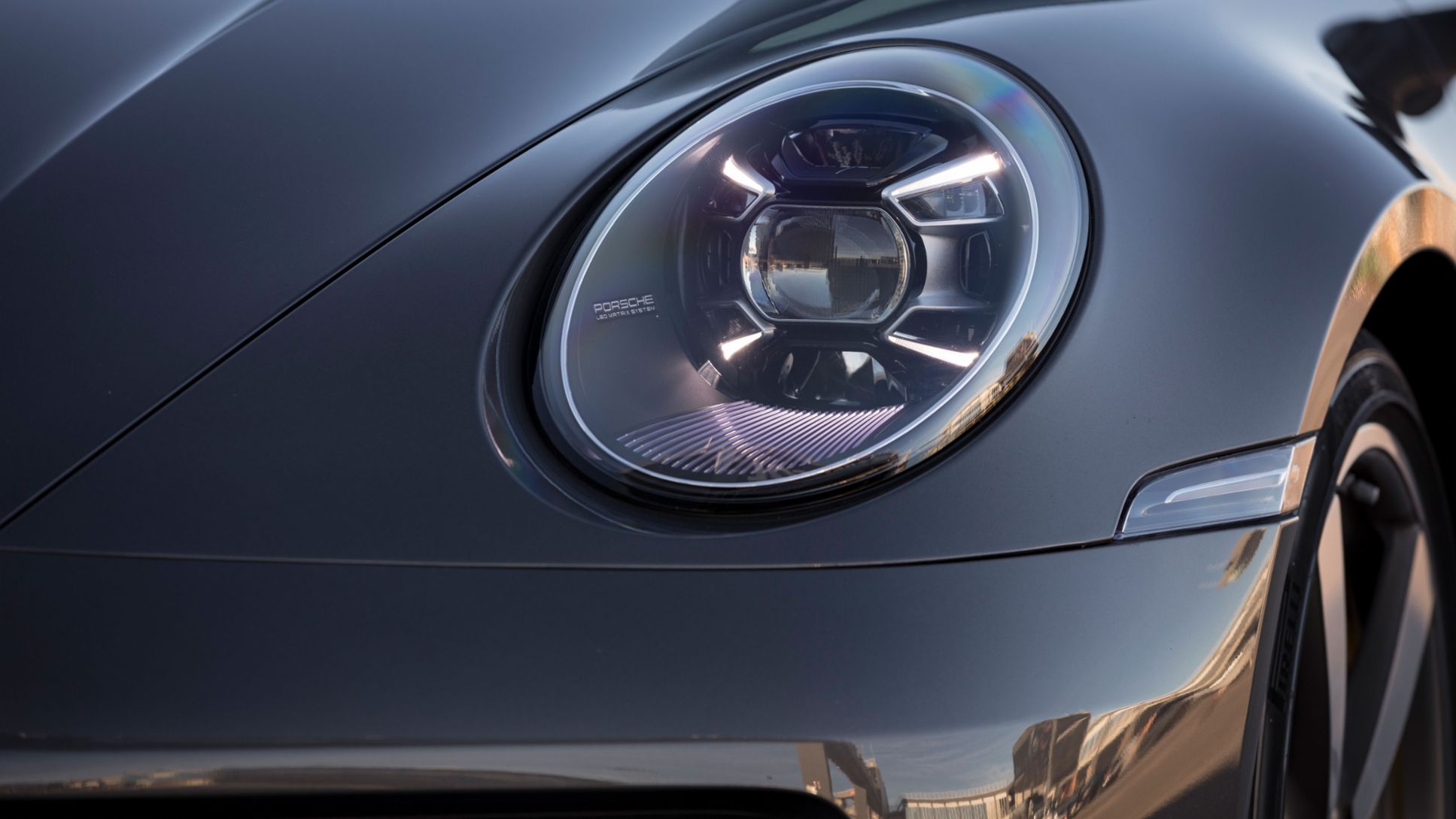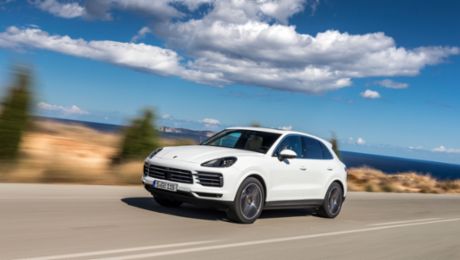Revenue compared to the previous year fell by two percent to 5.8 billion euros, and the operating result fell by eleven percent to 0.9 billion euros. The operating return on sales was 15.0%. This is in line with the strategic profit target of the Stuttgart sports car manufacturer. In the first quarter of 2019, the company delivered 55,700 vehicles worldwide; this corresponds to a decrease of twelve percent compared with the same period in the previous year. The workforce grew by two percent, to 33,072 employees.
In the first months of the year, as expected, Porsche continued to experience consequences from the changeover to the new WLTP test cycle and gasoline particulate filters. In addition, the unusually strong start to 2018 meant that a comparatively weaker first quarter was to be expected. Another factor is the generation change for the top-selling Macan and the iconic 911 sports car. The new 911 was presented in Los Angeles at the end of November and is being gradually launched in the individual markets. In China, the strongest single market for Porsche, deliveries fell by ten percent to 16,890 units due to the weakening overall market and temporary customer reticence in expectation of the announced lower value added tax rate from April. In addition to this, further corporate growth and high levels of investment in electrification and new business fields also dampened the result.
Sectors associated with the vehicle business developed positively. Exchange rate developments also made a positive contribution to the result.
Despite the challenges in the first months of the year, Porsche is expecting an increase in vehicle deliveries for 2019. Lutz Meschke, Deputy Chairman and Executive Board Member for Finance and IT at Porsche, is also expecting a slight increase in terms of revenue: “Despite high investment in electrification, digital transformation, and the expansion and renovation of company locations, we aim to continue to meet the high earnings target of Porsche.”



